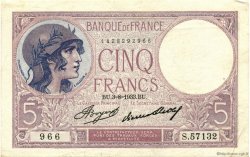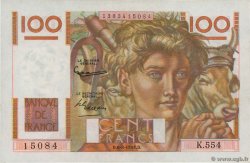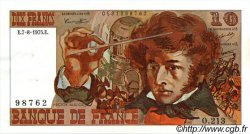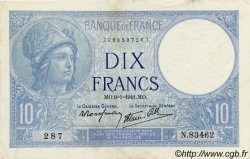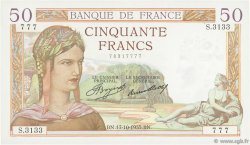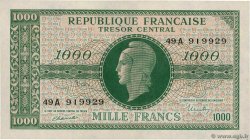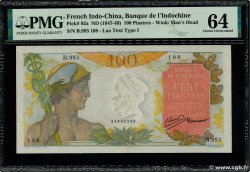Live auction - 4230041 - 50 Francs BLEU ET ROSE FRANCE 1890 F.14.02
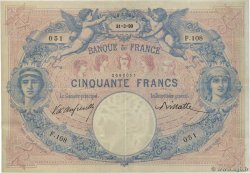
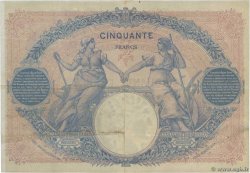
You must signin and be an approved bidder to bid, LOGIN TO BID. Accounts are subject to approval and the approval process takes place within 48 hours. Do not wait until the day a sale closes to register. Clicking on "BID" constitutes acceptance of the terms of use of cgb.fr private live auctions.
Bids must be placed in whole Euro amounts only. The sale will start closing at the time stated on the item description; any bids received at the site after the closing time will not be executed. Transmission times may vary and bids could be rejected if you wait until the last second. For further information check the Live auction FAQ
All winning bids are subject to a 18% buyer’s fee.
All winning bids are subject to a 18% buyer’s fee.
| Estimate : | 2 500 € |
| Price : | 1 700 € |
| Maximum bid : | 1 750 € |
| End of the sale : | 03 July 2018 14:24:08 |
| bidders : | 1 bidder |
Face Value : 50 Francs BLEU ET ROSE
Date: 31 mars 1890
Period/Provinces/Banks Banque de France, XXe siècle
Catalogue reference : F.14.02
Additional reference : P.064b
Alphabet - series : F.108 n°051
Signatures : D'Anfreville, Billotte
Detailed grade description : Non touché, craquant
Commentary
Il s'agit du plus bel exemplaire que nous ayons proposé.
Details
F.14 - 50 Francs BLEU ET ROSE
References Banque de France : BDF188901 - BDF189101 - BDF191101
Size: 123 x 178 mm
Date of creation/issue: 21 octobre 1889
Issue: 01 mai 1889 - 25 mars 1927
Date of withdraw: 26 janvier 1942
End of legal tender: 04 juin 1945
Obverse description : Personification of Industry and Agriculture. Medallions: Minerva and personification of the Four Seasons
Reverse description : Personifications of Industry and Agriculture.
Watermark: Woman's portrait in profile
Signatures : Le Caissier Principal, Le Secrétaire Général (8 var.)
Alphabet - series : 1 to 12691, 25 letters, 1,000 notes per letter
Engraver Gravure : J.Robert. Dessin : D.Dupuis, G.Duval
In 1914, the printing of the 50F Bleu et Rose was entrusted to two printing companies in Saint-Étienne and Paris. As a result, they issued identical creation dates for non-consecutive alphabets (see 2007 Ed., p.225).
Another odd feature is little known about this banknote: starting from 1889, the hyphen used in the dates was always doubled (=). Yet, from spring 1913 to 1927, this hyphen was still doubled for even alphabets but simple (-) for odd alphabets. The checks we made allowed us to situate this change between April 26 and May 8, 1913. The exact date of this change should be determined by reviewing the odd alphabets from this period








 Report a mistake
Report a mistake Print the page
Print the page Share my selection
Share my selection Ask a question
Ask a question Consign / sell
Consign / sell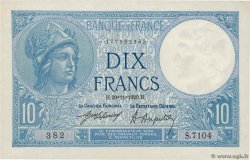
 Full data
Full data